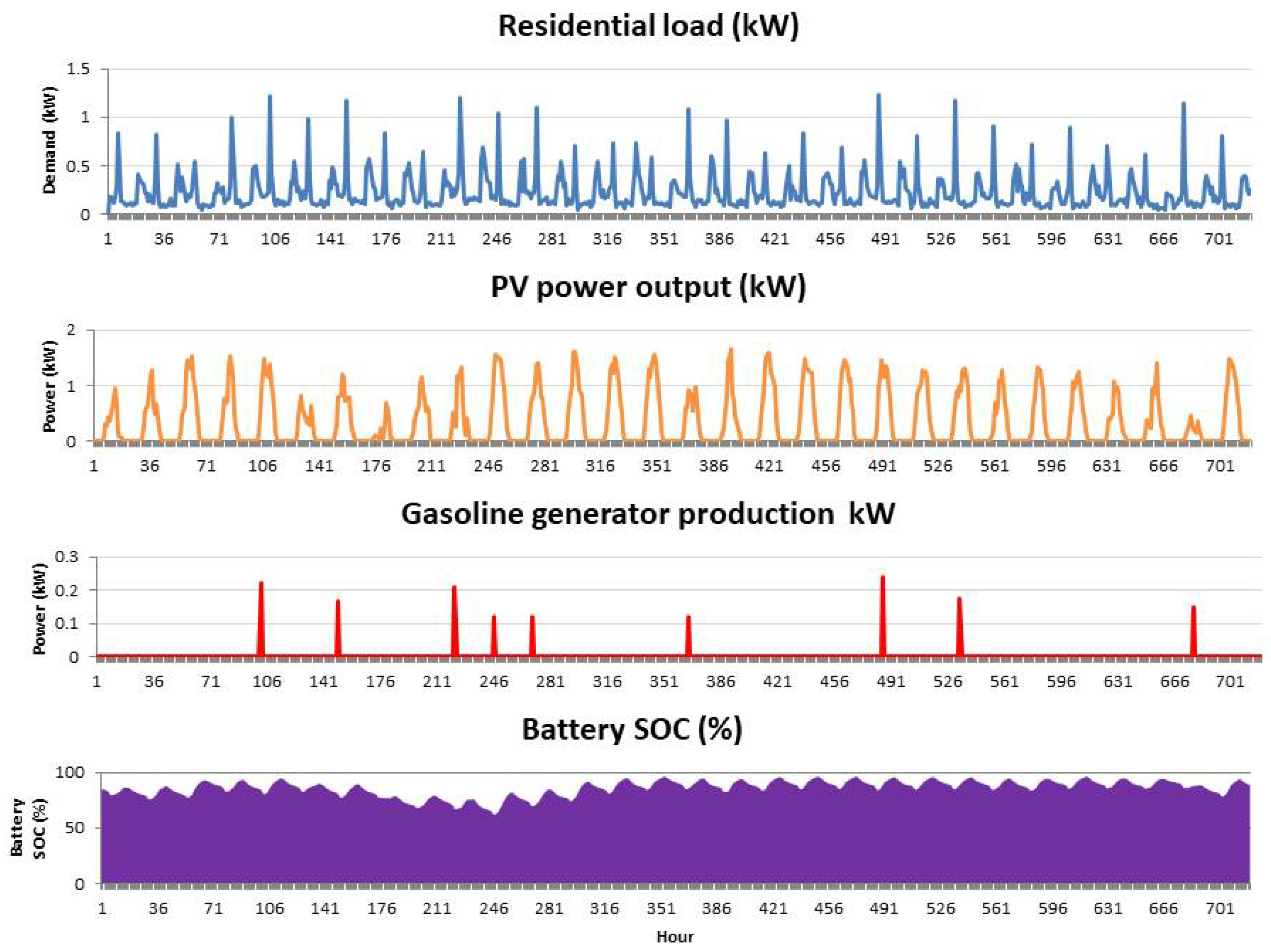
The degree of this involvement, however, can vary substantially reaching from a formal consent requirement to the delegation of electrification planning responsibilities.Įlectricity companies: In extending the view beyond public sector institutions, electricity companies are among the most important actors in electrification planning.
Regional / local authorities: In a decentralized system, regional or local authorities possess a general competence in local development and land-use planning, which requires their participation in electrification planning. Downstream, the planning decisions exert influence on the regulator in the exercise of his daily duties regarding issues around private sector market access and competition, tariff policy, etc. Upstream, they influence planning and implementation in various ways, mainly through activities relating to the setting of technical norms and standards and establishing the framework conditions for electricity market access and operation. Regulators occupy a dual role with regards to electrification planning. 
In practice, however, these institutions often are subject to severe resource constraints and are ultimately ill-equipped for the task (Club ER).
Agencies and structures specifically dedicated to rural electrification: Where such institutions exist, rural electrification planning is commonly fundamentally integrated into their operations. Apart from governmental decision making and ministries in charge of energy, a range of other public sector institutions are commonly involved in electrification planning: It bears general responsibility for strategic, planning and program-level decisions on electricity and, in particular through its decision making regarding the subsidization of rural electrification, acts as a general facilitator. The state, through its respective subordinated structures, is the principal agent for electrification planning. The following will therefore present an overview on various actors and their potential involvement in electrification planning : The principal duty of electricity related strategy and policy development naturally resides within the hands of the sovereign state, but a whole range of actors are potentially involved in the process. Įlectrification Planning Process and Methodology In many African countries, however, this is currently not the case. The aforementioned benefits only fully materialize where electrification planning provides sufficient detail on key aspects such as grid extension plans or a sufficient consideration of decentralized solutions. For mini-grid projects, this applies in particular to the mitigation of risks associated with future grid extension. The existence of a formalized electrification plan furthermore contributes towards planning dependability. The provision of principle demand predictions, spatial division and prioritization concepts on the basis of transparent and objective criteria provide important indications for project design, in particular regarding the choice of the most suitable electrification option in a given context, identification of potential project sites and indications for adequate tariff setting. In addition to providing an indication as to the required overall levels of investment for electrification within a given area, electrification plans are an important source of guidance in the preparation and planning of project level activities. 
īenefits of Electrification Planning and Implications for Mini-grid Development Uganda).Įlectrification plans commonly depict intended developments in the field of electrification based on a spatial analysis of domestic demand, socio-economic activities and load forecasts, discerning between available electrification options (grid extension, mini-grids or off-grid systems). Although in theory they are situated between the strategic and program levels, a clear distinction between these layers is often not visible in practice (see e.g.

Homer energy activity software#
4 Software based Solutions in the Field of Electrification PlanningĮlectrification plans in general, or rural electrification plans more specifically, are a means of optimizing electricity services in a given territory, within a given period of time in accordance with pre-defined strategic objectives.3.2.4 Technical / economic Optimization.3.2.2 Primary Data Collection: Assessing the Status Quo.3.1 Key Actors in Electrification Planning.3 Electrification Planning Process and Methodology.2 Benefits of Electrification Planning and Implications for Mini-grid Development.







 0 kommentar(er)
0 kommentar(er)
